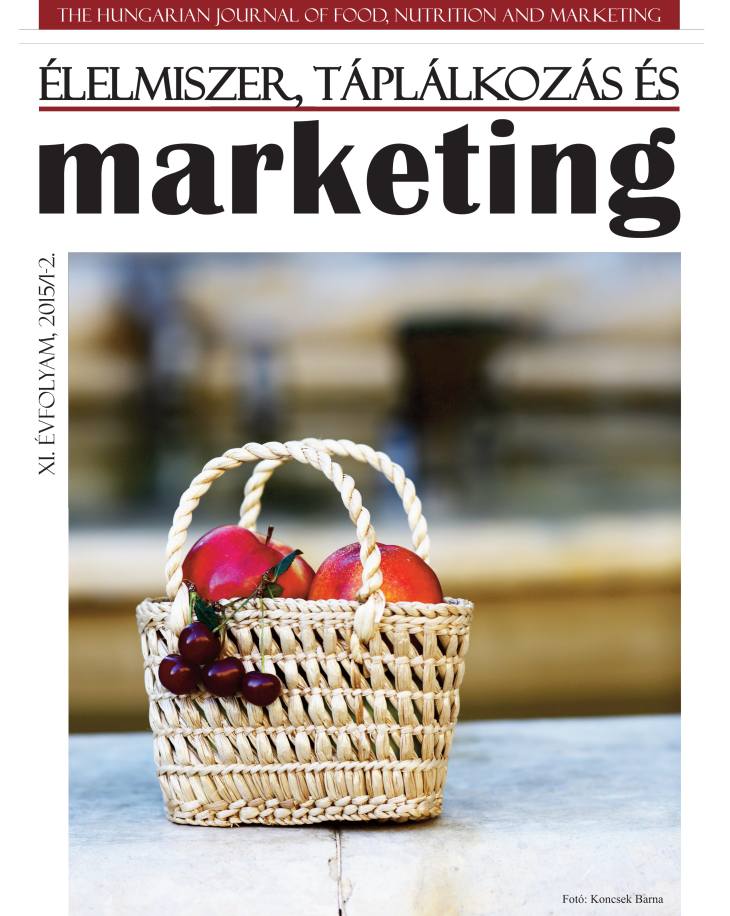A szolgáltatásjellemzők, a szolgáltatásminőség szerepe az étteremválasztásban
Absztrakt
In Hungary only a relatively small share of food cost is used for eating-out-of-home consumption of the population. The main demographic trends of consumers – such as the strengthening role of women’s employment, the increasing number of one-person households, the changes in the work-life balance – have substantially strengthened the comfort food trends. Moreover, the growing of comfort food trend (besides the growing share of the consumption of ready-to-eat meals or convenience food) has increased the role of eating-out-of-home behaviour. Thus, the knowledge of consumer behaviour – including the different factors and motivations of consumers’ restaurant selection behaviour – became an increasingly important element for the management in different forms of the eating-out-of-home sector. This paper summarizes the main findings of a Hungarian survey on restaurant selection habits, which was conducted among the adult (15+ years) Hungarian population in the Central Hungarian and Northern Great Plain regions with 1023 respondents.



